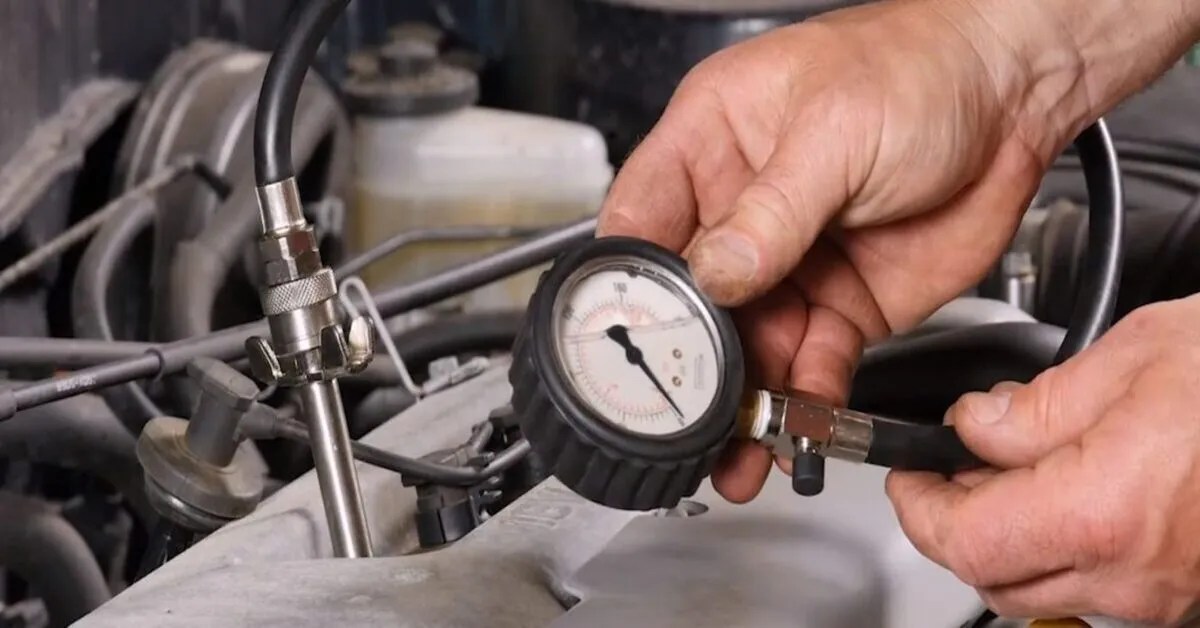When it comes to assessing the health of your vehicle's engine, one of the most crucial tests you can perform is a compression test. This diagnostic tool measures the pressure in each cylinder and provides valuable insights into the engine's condition. However, before you dive into this essential procedure, it's important to consider the associated costs. Understanding the compression test cost can help you budget appropriately and make informed decisions about your vehicle maintenance. A compression test is not just a routine check; it can reveal underlying issues that could lead to more significant and expensive repairs down the line. Therefore, knowing the factors that influence the cost of a compression test is vital for every car owner.
The cost of a compression test can vary widely depending on several factors, including the location of the service, the make and model of your vehicle, and the mechanic's expertise. Typically, you can expect to pay anywhere from $100 to $250 for this service. In some cases, the price may be lower or higher, depending on the complexity of the test and any additional services that may be required.
In addition to the financial aspect, it's essential to understand what a compression test entails and why it is necessary. This knowledge can empower you to communicate effectively with your mechanic and make better decisions regarding your vehicle's maintenance. So, whether you're a new car owner or have been driving for years, understanding compression test costs can ultimately save you time and money in the long run.
What Factors Influence Compression Test Cost?
The compression test cost can be influenced by a variety of factors, including:
- Location: Prices can vary significantly from one region to another, with urban areas typically charging more than rural locations.
- Vehicle Type: Certain makes and models may require more labor or specialized equipment, increasing the overall cost.
- Mechanic's Experience: More experienced mechanics may charge higher rates due to their expertise and reputation.
- Additional Services: If your vehicle requires additional diagnostics or repairs following the compression test, this can add to the overall cost.
How is a Compression Test Performed?
A compression test is generally performed as follows:
- The mechanic will remove the spark plugs from the engine.
- They will then insert a compression gauge into each cylinder.
- The engine is cranked, and the gauge measures the pressure in each cylinder.
- Finally, the mechanic will compare the readings to the manufacturer's specifications to determine the engine's health.
What is the Average Compression Test Cost?
The average compression test cost typically ranges between $100 and $250. However, it's essential to shop around and obtain quotes from different mechanics to ensure you're getting a fair price. Additionally, some auto repair shops may offer promotions or package deals that can help reduce the overall cost. Always ask about any potential discounts before committing to a service.
Can You Perform a Compression Test Yourself?
While it's possible to perform a compression test yourself, it requires specific tools and knowledge of automotive mechanics. If you're experienced with car repairs and have access to a compression gauge, you may consider attempting it on your own. However, if you're not confident in your abilities, it's best to leave it to a professional to avoid causing further damage to your engine.
Are There Any Additional Costs Associated with Compression Tests?
Yes, there can be additional costs associated with a compression test, including:
- Diagnostics: If the compression test reveals issues, further diagnostics may be needed, which can add to the cost.
- Repairs: Any necessary repairs resulting from the test findings will also contribute to your overall expenses.
- Labor: Depending on the shop, labor rates may vary, affecting the total cost of the test.
How Can You Prepare for a Compression Test?
Preparing for a compression test can help ensure a smooth process and accurate results. Here are some steps you can take:
- Make sure your vehicle is at normal operating temperature.
- Check your oil and coolant levels to ensure they are adequate.
- Inform your mechanic of any symptoms you've noticed, such as decreased performance or unusual noises.
What Should You Expect After the Compression Test?
After the compression test, your mechanic will provide you with the results and explain what they mean for your engine's health. Depending on the readings, you may receive recommendations for further testing or repairs. It's crucial to ask questions and understand the implications of the results, as this will help you make informed decisions about your vehicle's maintenance.
Conclusion: Is a Compression Test Worth the Cost?
In conclusion, while the compression test cost may seem like an additional expense, it is a worthwhile investment in the long-term health of your vehicle. By identifying potential issues early on, you can avoid costly repairs down the line and ensure your engine runs smoothly. Whether you're experiencing performance issues or simply want to maintain your vehicle's condition, a compression test is an essential tool in your automotive toolbox.
Ultimately, understanding the factors that influence compression test costs, preparing adequately, and knowing what to expect can empower you as a car owner. So, the next time you're considering a compression test, remember that the benefits far outweigh the costs.
Article Recommendations
- Pax Thien Jolie Pitt Wikipedia
- Eric Slovin Net Worth
- Glen Powell Top Gun
- Kunefe
- Zodiac Signs June 8th
- Josh Reynolds Draft
- Fleur Cates Netanyahu
- Full Potential
- Afghanistan Language
- David Huckabee Age
Also Read


